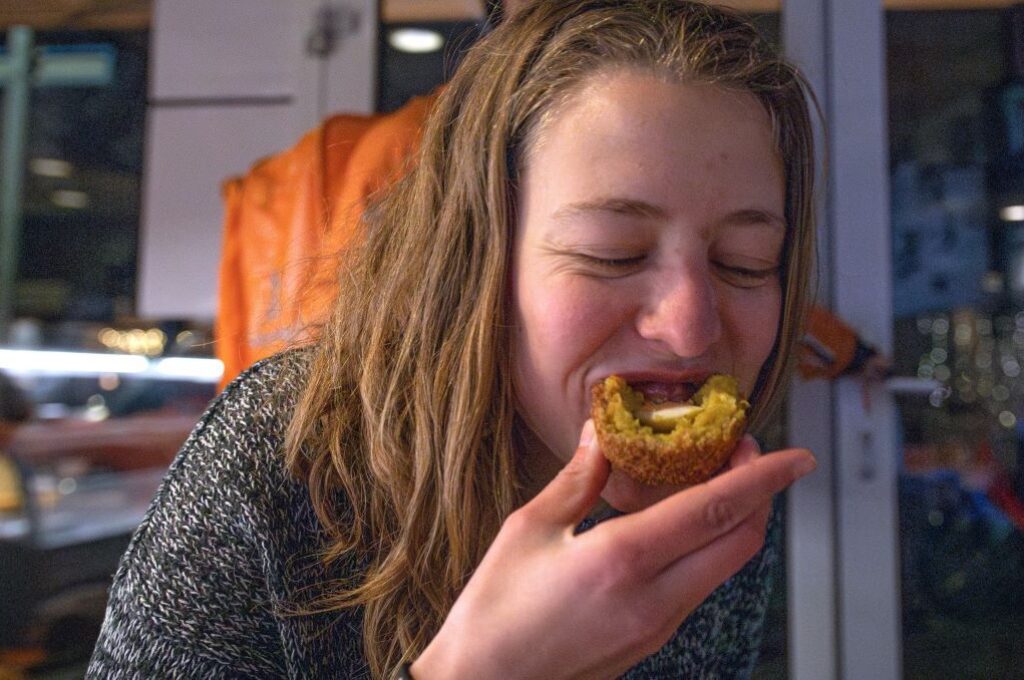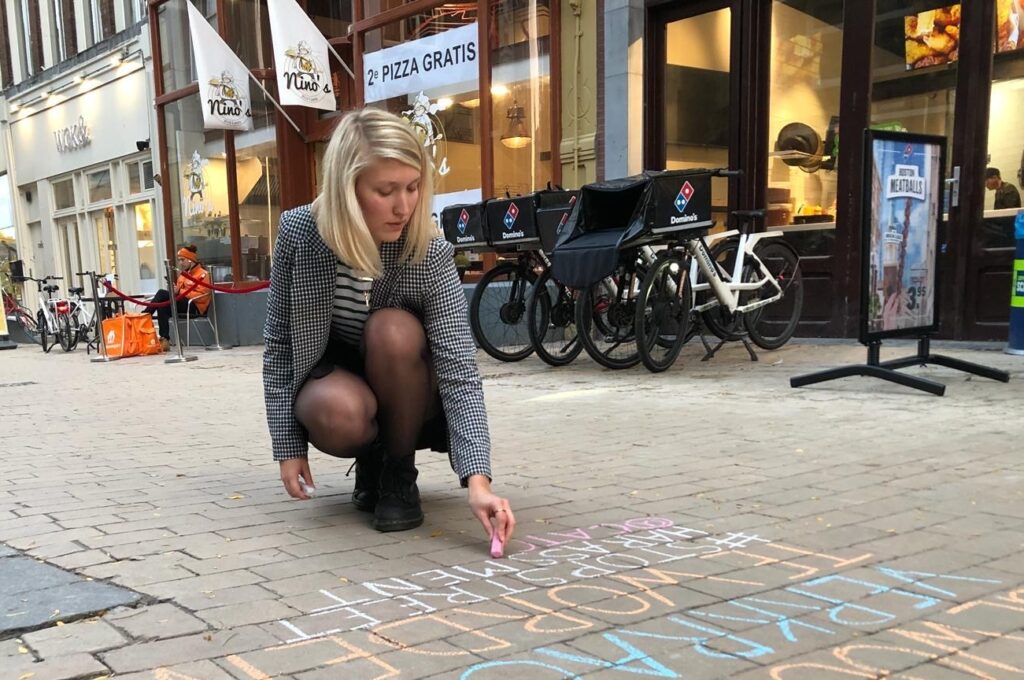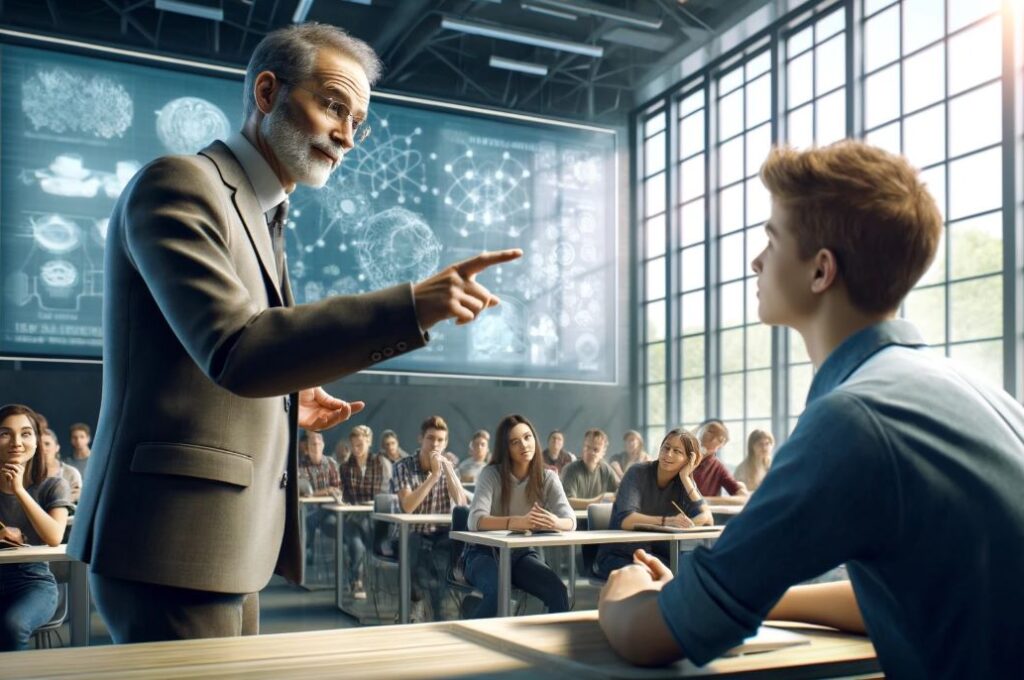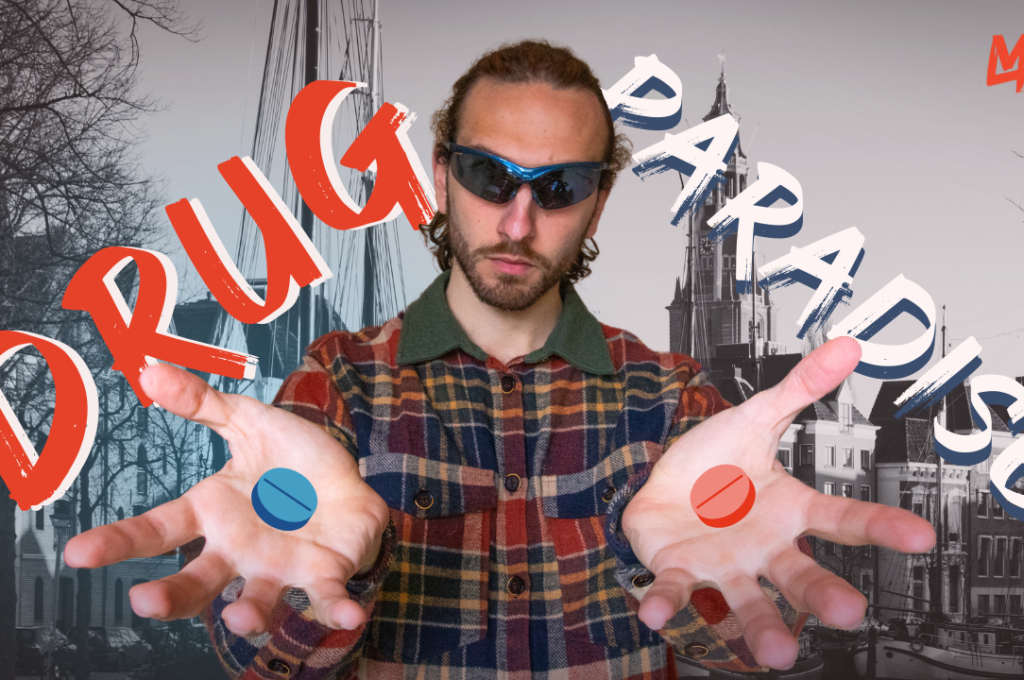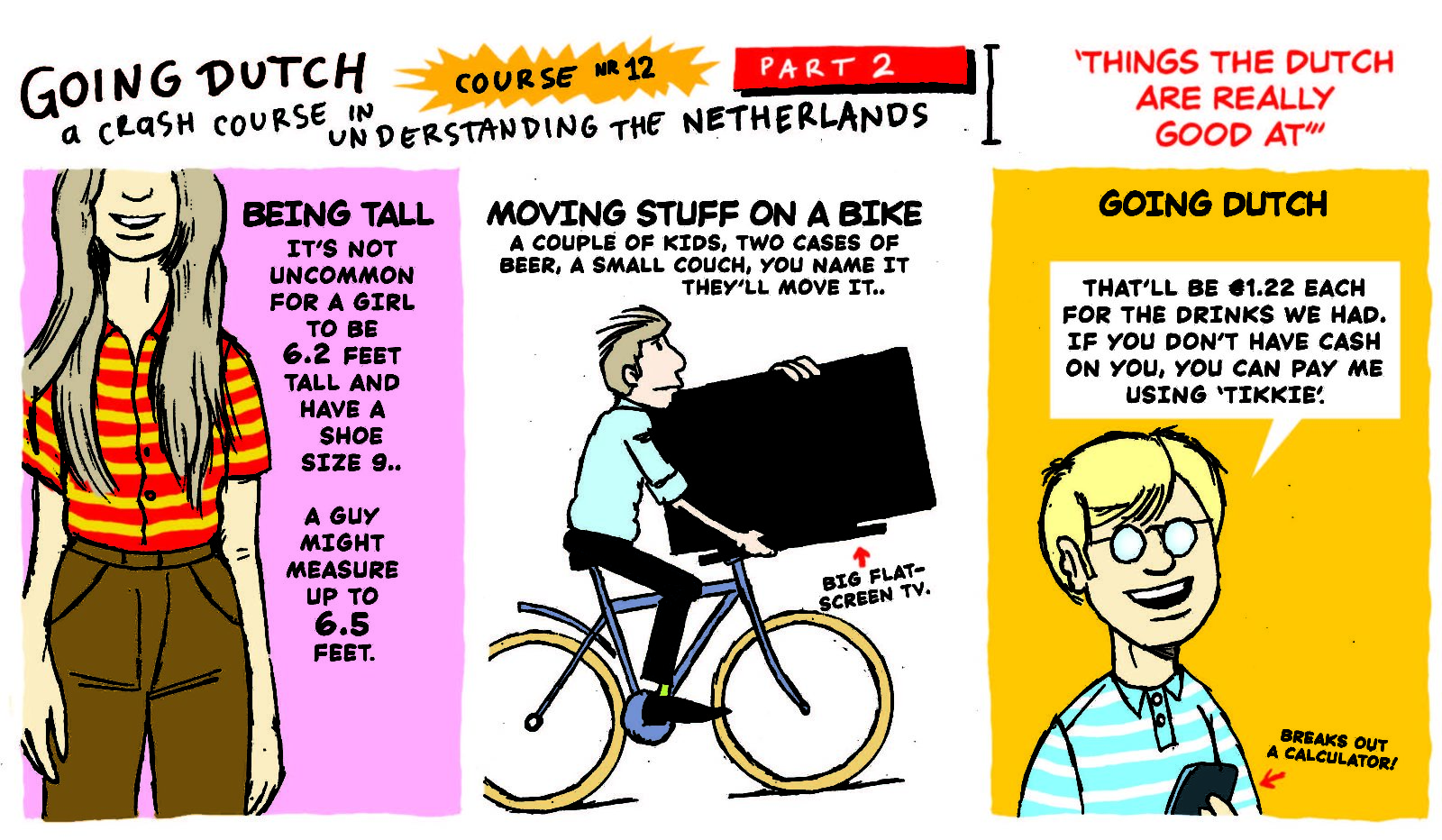In the near future Hanze University might be welcoming North Korean students and teachers. That’s quite extraordinary, but moreover, it would be the stunning result of the efforts of just one man, Mark Kierans.
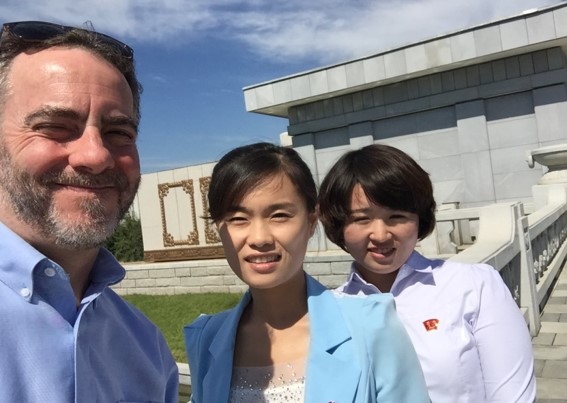
On January 23, 1968, the USS Pueblo was taken capture in the seas off the Korean peninsula. The communist regime of the Democratic People’s Republic of Korea (DPRK) stated that the navy intelligence vessel had entered their territorial space illegally, and held the crew of 83 hostage till Christmas. These eleven months were a period of high tension in which the United States tried to persuade the Koreans to release the captives. Mark Kierans, then eleven years of age, remembers this period vividly. ‘I was taken in by it’, the Irish-Canadian citizen says over a cup of cappuccino, ‘it was one of the first major international political events I remember. It was really exciting. From that day on I’ve had a special interest in the country. I felt like a kid when I had the chance to board the Pueblo and get a tour while in Pyongyang.’
You might say Kierans, currently a lecturer at the School of Facility Management at Hanze University in Groningen, saw a child’s dream come true last August, as he was able to visit the still very secluded Asian country. ‘Indeed, it was number one on my bucket list. Moreover, I had the chance to work there. That means real interaction, quite different from ordinary contacts during a holiday trip.’
Kierans was one of 24 teachers that were selected from a group of 500 men and women from around the world who applied for the job at Pyongyang Tourism College. ‘We each taught a group of about 25 lecturers and researchers from the College. Over a six month period international teachers visited the college for a fortnight, all of them in pairs consisting of an English teacher and a tourism specialist.’ Kierans belongs to the latter category, he worked in the tourism industry in many countries. In fact, a job on the island of Bonaire led to his coming to The Netherlands in the nineties. Groningen came into the story when he was working as a supervisor to interns of the Prinses Julianaschool, a predecessor of the current School of Facility Management. ‘When they wanted to start an English speaking semester for Dutch and UK students in Groningen, I was fortunate enough to be part of a team of fantastic Dutch colleagues’, Kierans says. ‘Nowadays, when my plane touches down at Schiphol I feel like I’m home, lekker. And when, some hours later, the train passes Zwolle I feel completely comfortable.’
It looks like North-Korea currently is opening up a bit.
‘I always make a clear distinction between politics and people. Most people are… people, just like you and me. They adapt, just like we do to changes in government policy, that’s the case in Canada, in The Netherlands and in Korea also. Then again, you might be right. Three years ago tourists had to deliver up their mobile phones when they entered the country. Nowadays you’re free to take them with you. Is this the result of increased openness or is it a practical measure? Probably a bit of both.’
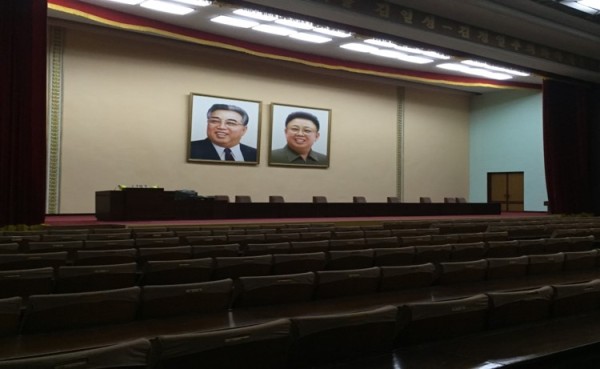
Okay, but ever since Kim Jung-Un is in charge, tourism seems to be opening up.
‘Don’t forget tourism already existed, and it’s growing. The Chinese have been visiting the country for many year and as the Chinese economy has developed, outbound tourism to the DPRK has increased as well. On the other hand, the emphasis on tourism might also be due to the fact that Kim Jung-Un studied Tourism in Switzerland. They have started winter tourism in the mountain regions and I’ve heard of plans to create beach resorts for summer vacations.’
But still, tourists are not allowed to go wherever they want, every one is subject to control of the authorities.
‘This might surprise you: it is certainly not only to keep an eye on what foreigners do and see. It perhaps even more stems from the Korean conception of hospitality. You are their guest, according to them it’s their duty to arrange everything for you. Not doing so in their eyes would be impolite. That became clear to me during my stay, they want to make sure you are completely cared for. I was able to do some mirror management and …’
I beg your pardon… you brought mirrors to Korea?
‘Sorry. Mirror management techniques are ways to make people feel what it is to stand in another person’s shoes. It’s very practical and that appealed to the Korean teachers. Korean education has focused mostly on a theoretically approach to higher education. They were intrigued with a university of applied sciences’ approach, the balance between theory and application. We try and find the connection between cognitive development and experiential learning. While I was there I had a chance to discuss how we do this.
‘While I was in Pyongyang I met with the Deputy Director of the National Tourism Administration Korea (NTA). We discussed possible areas of mutual cooperation. I have recently been contacted by them and we are exploring the possibility of a joint education and research project. In 2016 two or three teachers of the Pyongyang Tourism College may come to the Netherlands and conduct research on European tourism to the DPRK. The management of the School of Facility Management have been incredibly supportive in letting me pursue this possibility.’
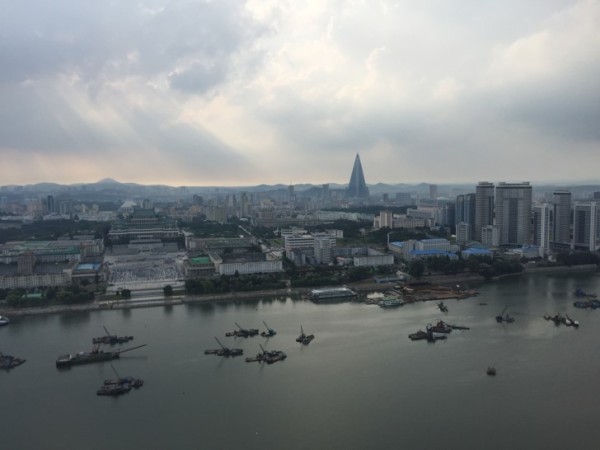
Does the Board of Hanze University agree with this?
‘They were enthusiastic. Mrs. Van Os (vice chair of Hanze University, ed.) even advised me to talk with Cube050, specialists on entrepreneurship. Their input into a programme might be very useful. It’s incredible: Hanze might be hosting Korean researchers in the near future. I’m looking to engage selected educational Dutch partners in this project and seek possibilities for our students to participate in some of the research activities.’
Having been an eleven-year old Canadian boy fascinated by an obscure country, this must feel strange.
‘It really is great and gratifying. It was one my most memorable travel experiences. The DPRK philosophy of juche, that means self-reliance, is deeply entrenched in the people at many levels and in many ways. I was most taken by the constant reminder that reunification was one of their deepest desires for the Korean Peninsula. Maybe that’s part of the reason their reaching out to us. There is a developing desire to be a bit more outward looking in many ways and tourism seems to be on their export development agenda.’


